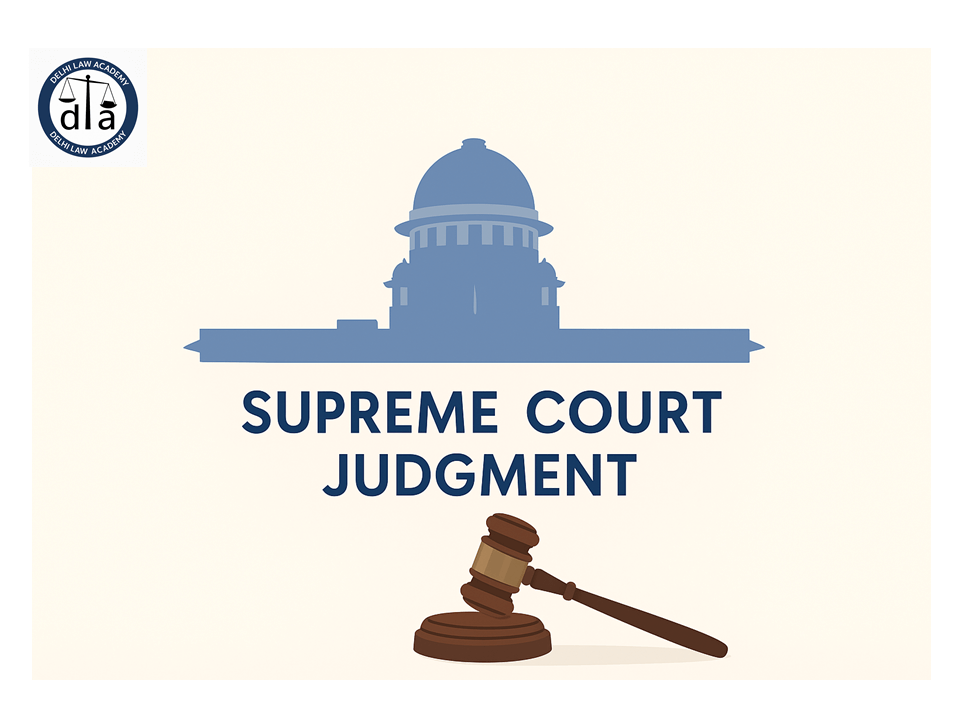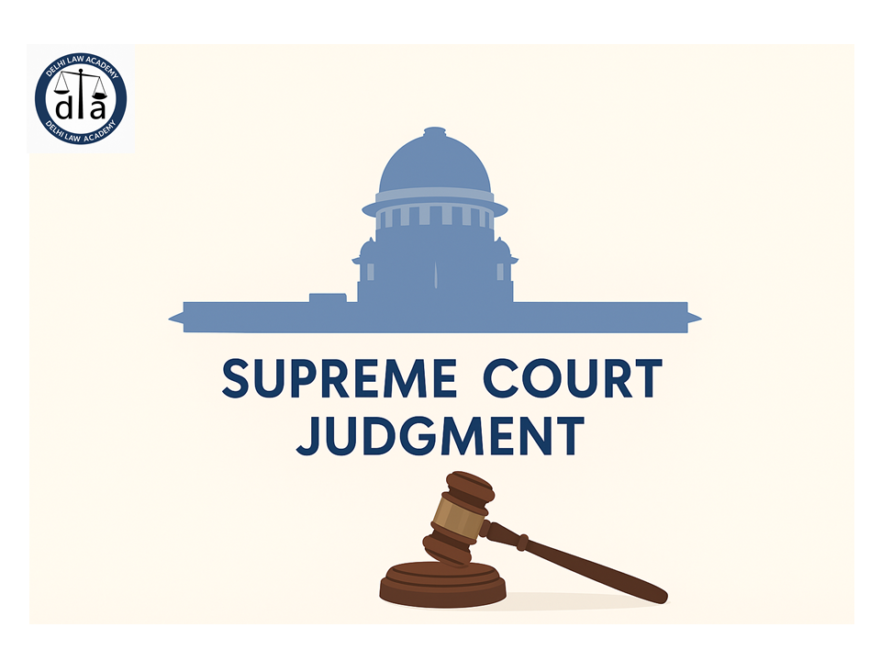
⚖️ Validity of Consent in Sexual Intercourse on Promise of Marriage
The Supreme Court of India has clarified that consent of sexual intercourse obtained through a promise of marriage is valid,
unless it can be shown that from the very beginning the accused never really intended to marry the woman.
This principle has been elaborated through multiple landmark judgments.
📌 Case: Deepak Gulati v. State of Haryana (2013)
👉 The Court observed:
“Consent may be express or implied, coerced or misguided, obtained willingly or through deceit. There is a clear distinction between rape and consensual sex.
The Court must carefully examine whether the accused had actually intended to marry the victim, or made a false promise only to satisfy his lust.
If mala fide motives are proven, the act falls within the ambit of cheating or deception.”
✅ The accused can only be convicted for rape if the Court concludes that his intention was mala fide and clandestine from the very beginning.
A mere failure to marry due to unforeseen circumstances does not automatically amount to rape.
📌 Case: Uday v. State of Karnataka (2003)
In this case, the Court held that consent given out of deep love and belief in a promise of marriage is not necessarily obtained under a “misconception of fact.”
“The prosecutrix had sufficient intelligence to understand the act she was consenting to.
There was no conclusive proof that the accused never intended to marry her.
Perhaps he intended to but could not due to family opposition.”
📌 Calcutta High Court: Jayanti Rani Panda v. State of West Bengal (1984)
The Court ruled that failure to keep a future promise does not always mean consent was obtained by fraud.
If a grown woman continues a sexual relationship under a vague promise of marriage, it may amount to promiscuity rather than rape.
Section 90 IPC cannot be used unless it is proven that the accused never intended to marry her from the outset.
⚖️ Question of Live-In Relationships under DV Act
Case: Indra Sarma v. V.K.V. Sarma (2013)
- Not all live-in relationships qualify as “relationships in the nature of marriage.”
- Where one party is already married, such a relationship does not carry the inherent characteristics of marriage.
- Therefore, it is not a ‘domestic relationship’ under Section 2(f) of the DV Act, and misconduct in such a relationship does not constitute domestic violence.
🔗 Related Resources
📖 Read more on Delhi Law Academy Judiciary Notes
✍️ Explore more DLA Legal Blogs
❓ FAQs on Consent & Promise of Marriage
Consent to sexual intercourse on a promise of marriage is generally valid, unless it can be shown that the accused never intended to marry from the beginning. If mala fide intention or deceit is proven, it may amount to rape under Section 375 IPC.
The Court clarified the difference between consensual sex and rape. A man is guilty of rape only if it is shown that he made a false promise of marriage with mala fide motives. If he genuinely intended to marry but later could not due to circumstances, it is not rape.
In this case, the Court held that consent given out of love and trust on a promise of marriage is not necessarily obtained under a misconception of fact. The prosecutrix exercised her choice freely, and there was no proof of deceit from the very beginning.
No. Courts, including the Calcutta High Court in Jayanti Rani Panda (1984), have ruled that failure to keep a future promise due to genuine reasons does not amount to rape. Only a false promise made at inception with mala fide intent amounts to rape.
Not always. The Supreme Court in Indra Sarma v. V.K.V. Sarma (2013) held that all live-in relationships are not “in the nature of marriage”. If one partner is already married, such a relationship does not qualify as a domestic relationship under the DV Act.
You can explore Delhi Law Academy’s Judiciary Notes for detailed case summaries and DLA Legal Blogs for simplified explanations of landmark judgments.
📘 Free Study Material for Judiciary Aspirants!
Download our FREE study material prepared by Delhi Law Academy’s expert faculty.
Contact us
📍 Delhi Law Academy – Jaipur Branch
6C, Tower 2, Coaching Hub, Pratap Nagar, Jaipur – 302033
📞 Phone:
+91 9911916552
+91 8447285606
✉️ Email:
contactus@delhilawacademy.com

